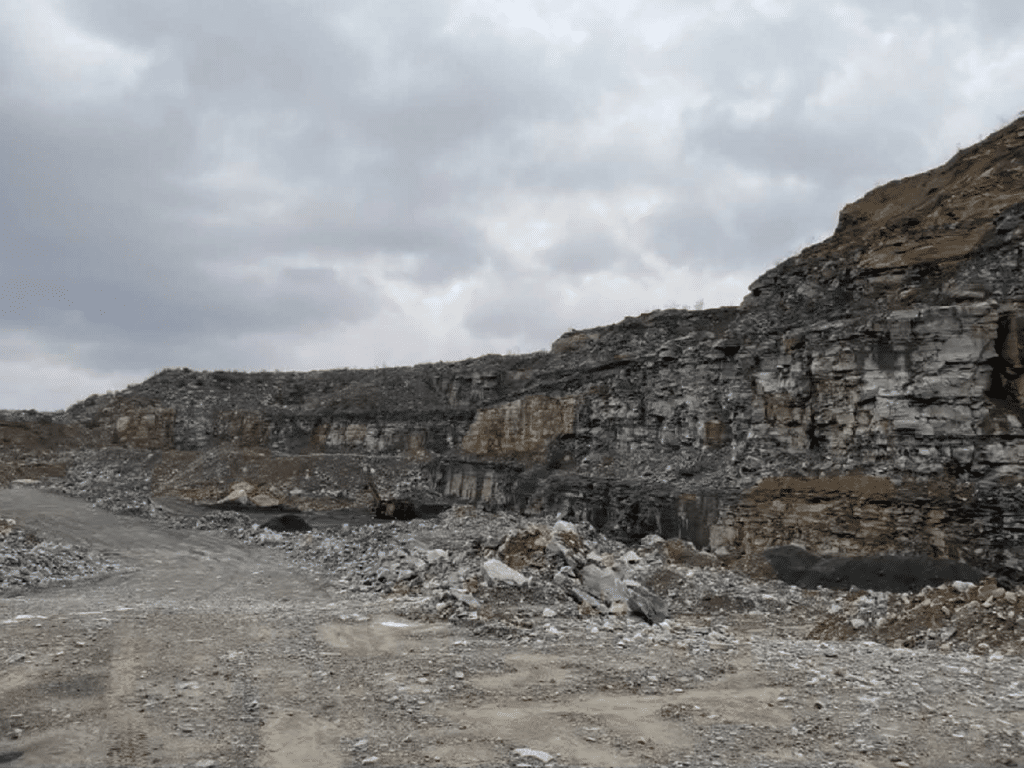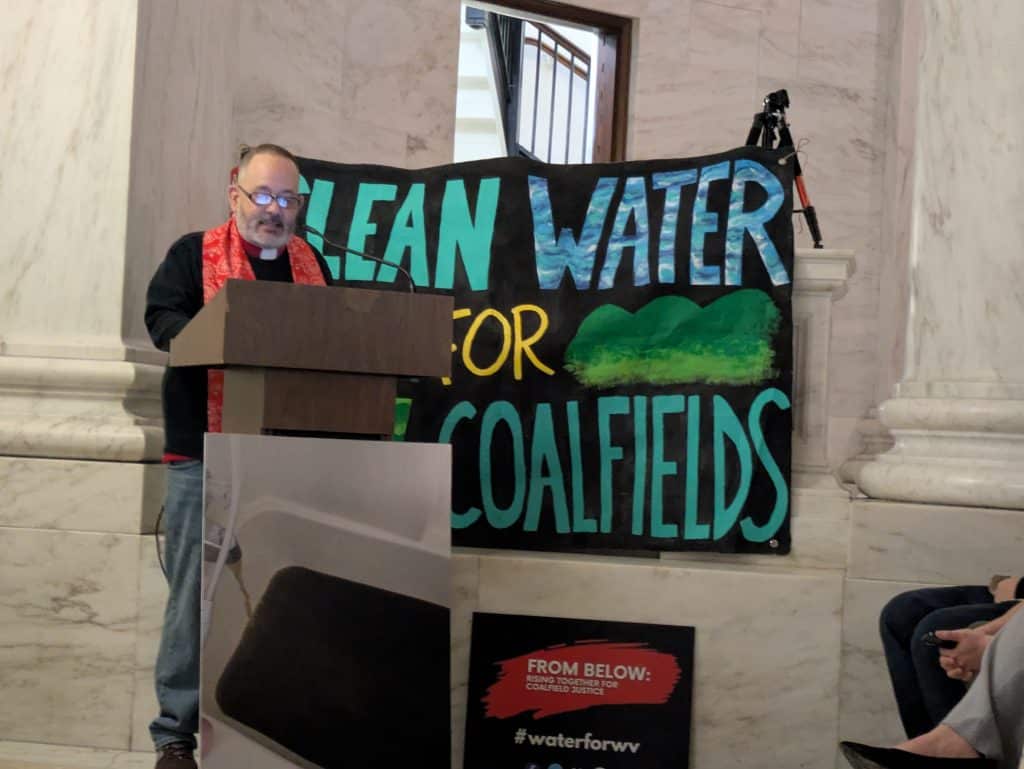Hundreds of Concerned Citizens in Charlotte Demand EPA Protections from Toxic Coal Ash
For Immediate Release: September 14, 2010
Contact:
Rachele Huennekens, Sierra Club (703) 470-2454
Donna Lisenby, Upper Watauga Riverkeeper, (704) 277-6055
Charlotte, NC — Hundreds of concerned citizens gathered in Charlotte on Tuesday, September 14, urging the U.S. Environmental Protection Agency to pass strong, federally-enforceable safeguards for coal ash, the hazardous remains left over from coal-fired power plants. Citizens traveled from across North Carolina, South Carolina, Tennessee, Georgia and other areas to demand strong coal ash safeguards at the fourth EPA public hearing on proposed regulations.
Speakers included victims of coal ash pollution such as Steve Scarborough, owner of a house that was damaged in massive coal ash disaster in Roan County, Tennessee in December 2008. At the time, more than 5.4 million cubic yards of coal ash from a pond spilled, destroying 300 acres and dozens of homes, killed fish and other wildlife, and poisoning the Emory and Clinch Rivers.
“People from around the region came to Charlotte today to remind EPA of the danger of unregulated coal ash, said Ulla Reeves,” regional program director of the Southern Alliance for Clean Energy. “It’s time for the EPA to protect my neighborhood from these dangerous coal ash ponds.”
Coal ash is the America’s second largest industrial waste stream, with enough coal ash generated each year – approximately 150 million tons – to fill over 340,000 jumbo 747 jets.
Toxic chemicals in coal ash such as arsenic, cadmium, chromium, lead, selenium and others, have been linked to human health problems including cancer, organ disease, respiratory illness, neurological damage and reproductive and developmental problems. Studies show that these coal ash toxins can, and have, leaked into drinking water across the country. EPA’s 2010 risk assessment found that the cancer risk from drinking water contaminated with arsenic from coal ash disposed in unlined ponds is as high as 1 in 50 adults, 2,000 times the level the EPA deems “acceptable.”
“The fact that hundreds of people have turned out at the EPA’s public hearings across the country shows how serious the problem of toxic coal ash is,” said Mary Ann Hitt, Director of the Sierra Club’s Beyond Coal Campaign. “It’s time for EPA to enact federal protections to keep our communities safe.”
The Tar Heel state is home to 13 coal ash ponds, more than any other state in the country, which the U.S. EPA has designated as a “high-hazard” North Carolina has little to no regulation of coal ash at the state level. This lack of regulation has caused concern for clean water advocates for years because of the potential for coal ash toxins to seep into groundwater.
“Water contamination from coal ash has already been reported in Robeson, Nash and Northampton counties. This is unacceptable,” said Upper Watauga Riverkeeper, Donna Lisenby.
On Tuesday, local and state elected officials, scientists and legal experts, and community activists also testified at the hearing, urging the EPA to regulate coal ash as a hazardous pollutant, preventing new waste ponds, and phasing out existing coal ash ponds.
“It is time for the EPA to act and protect North Carolina’s drinking water from coal ash. This hearing today shows that North Carolinians favor clean water, not dirty coal,” said Environment North Carolina Policy Advocate, Margaret Hartzell.
Currently the EPA is weighing two options for federal regulation of coal ash. While one option the EPA proposed would regulate the toxic substance with strong safeguards that protect public health, including water quality monitoring, record keeping and protections against runoff, the other – supported by power companies and other big polluters – would retain the failed status quo and do nothing to monitor the coal ash threat to our drinking water and health.
“We need EPA to enact federally enforceable protections before more people in North Carolina and across the country are exposed to this toxic mess,” concluded Hitt.
Information on additional EPA hearings can be found by visiting: http://www.epa.gov/epawaste/
Additional information on coal ash can be found at: http://www.sierraclub.org/



